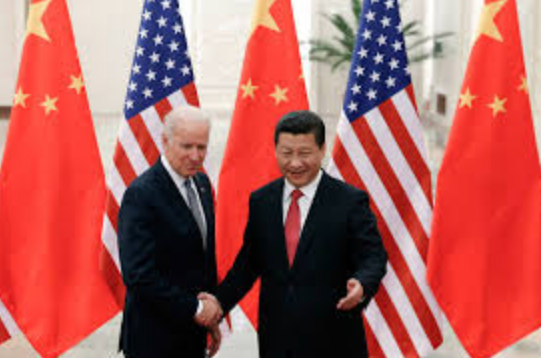Last week, in his first detailed press conference after assuming presidency, United States (US) president Joe Biden laid out his impressive report card on the battle against Covid-19 — the administration has doubled the vaccination target and now aims to administer 200 million vaccine shots in its first 100 days
To buy our online courses: Click Here
Last week, in his first detailed press conference after assuming presidency, United States (US) president Joe Biden laid out his impressive report card on the battle against Covid-19 — the administration has doubled the vaccination target and now aims to administer 200 million vaccine shots in its first 100 days. He also spoke about measures to tackle economic distress — the new dispensation has pushed through a massive $1.9 trillion package with direct income assistance and range of welfare measures for the vulnerable. When questioned on the administration’s plans on gun reforms, immigration reforms, voting rights, and climate, Mr. Biden underlined the urgency of all these issues but also spoke about the need to priorities and get the timing right, as a prerequisite for being effective.
Read More: Special no longer: On Hong Kong
But while domestic issues dominated the press conference, it was Mr. Biden’s blunt remarks on China, and the larger landscape of geopolitics, that merit attention. The president said, based on his extensive personal interactions with Xi Jinping, that China’s president was straightforward, smart, lacked any democratic bone in his body, and believed autocracy was the “wave of the future”. Mr. Biden added that the US would re-establish alliances (referring to the Quad summit and his discussion with other countries in the grouping on how to hold China “accountable”); that it was defined by certain values, including of freedom, and would not give these up; and that he had told Mr. Xi that the US will insist China play by international rules. The US president said that China’s aim was to be the leading country, wealthiest country, and most powerful country in the world, but that under his watch, the US would continue to “grow and expand”.
All of this has implications for India. One, if it were merely a power contest between two distant powers for global supremacy, India could have afforded to remain detached. But given that one of these powers poses a direct security threat to India — as China’s power increases, this threat may just increase — Delhi has increasingly veered towards the other pole in this battle. Two, given Mr. Biden’s emphasis on democracy, there will remain increased scrutiny of the quality of Indian democracy — and while this will not undermine India’s position as a strategic partner, it will pose hitches. New Delhi should build on the strategic convergence while being mindful of the obstacles that may lie ahead.




